Clinical Psychology
Enika Cocoli Bowen
Education
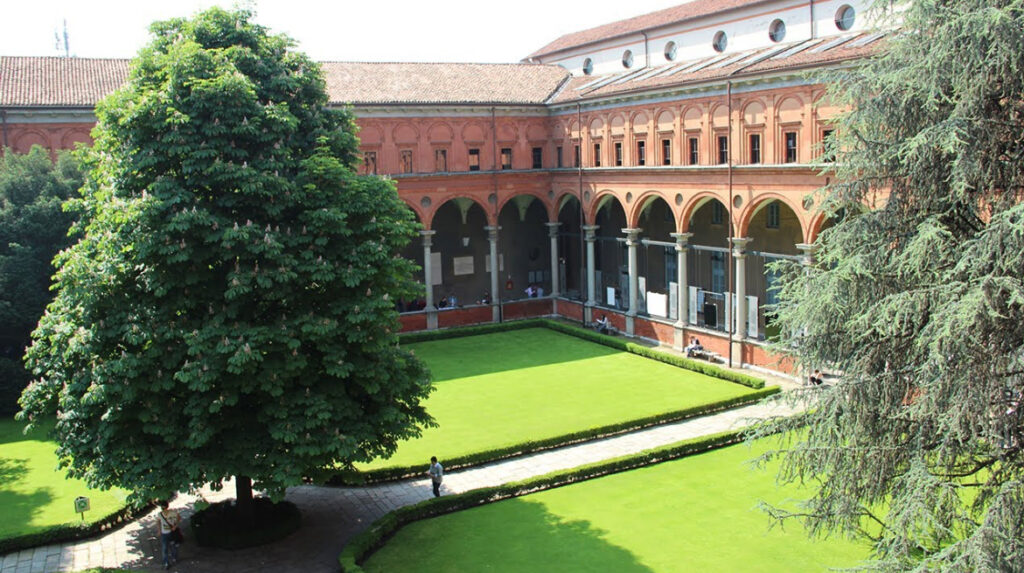
Università Cattolica del Sacro Cuore, Milan, Italy
Doctor in Psychology, Social and Developmental Psychology
1996-2001

Seattle Pacific University, Seattle, WA
PhD, Clinical Psychology
2002-2007
In a nutshell… I began my studies in psychology in 1996. During the five university years in Milan, Italy, and the exposure to all the subdivisions of psychology, I enjoyed psychological research at first and then matured a dedication to individual psychotherapy. I practice psychology through a psychoanalytic lens, which means that the care of the person is informed by a joint attention to the internal characteristics and the external interactions with the environment. When I am not doing therapy, I am reading or writing. I like philosophy a lot and I draw a lot of inspiration from it, about how it can help us reach enduring personal satisfaction after therapy ends.
Experience, active and past
Since
2007
Clinical Psychologist
Licensed (2008) in the State of Washington to provide clinical services ranging from therapy to evaluations.
Since
2010
Independent Practitioner
My independent private practice. The pages of psychotherapy and assessment cover the details of clinical activity.
Since
2015
Scholar, Writer
Expansion from the focused professional literature to the wider intellectual output of ontology and philosophy.
Since
2023
PsyPact Authorization
Provision of clinical services nationwide through the Interjurisdictional Telepsychology Authorization.
Participating states: AL, AZ, AR, CO, CT, DE, DC, FL, GA, ID, IL, IN, KS, KY, ME, MD, MI, MN, MS, MO, NE, NV, NH, NJ, NC, ND, OH, OK, PA, RI, SC, SD, TN, TX, UT, VT, VA, WA, WV, WI, WY.
2015
2025
Clinical supervisor, consultant
I have provided clinical supervision to practicum students and interns, and provide consultations to established professionals.
2004
2025
Professor, Instructor
Different levels of teaching (undergraduate, master’s, doctoral, post-graduate) on topics of clinical psychology, clinical supervision, ethics, research methodology, and clinical theory.
2008
2010
Correctional Psychologist
I worked as a prison psychologist at the Monroe Correctional Complex (Monroe, WA) where I held several clinical and forensic responsibilities.
2008
Forensic Psychologist
For a brief period, I worked as court psychologist and qualified as expert witness by King County Superior Court in involuntary commitment cases through Harborview Medical Center (Seattle, WA).
Scholarship

Scholarly Interests and Pursuits
I study the questions of what makes therapy work, how trust is built, and the nature of being, expanding my readings beyond psychology and psychoanalysis into the areas of ontology and philosophy.
Below are examples of my scholarly activities, as published papers, scholarly opinions, lectures, and posters at annual conventions of professional associations, as well as works currently in progress.

Being patient: Personhood, receptivity, and readiness with St. John Paul II. Integratus, vol. 3, no. 4 (2025): 301-323.
In this essay I offer an ontological reflection on the meaning of “patient” and why it is superior to “client,” the term most often used formally and informally. In this reflection, I draw from several sources on the meaning of “person” from Greek and Latin literature, patristic and medieval sources, and culminate with the thomistic-phenomenological analysis of Pope John Paul II. I make the connection between “person” and “patient,” discovering why this term preserves and elevates human dignity more than “client” ever could.

Freedom of religion and the practice of psychoanalytic psychotherapy: The primacy of truth in the therapeutic relationship. Fellowship of Catholic Scholars Quarterly, vol. 45, no. 4 (2025): 322-334.
In this essay, I argue for the primacy of freedom, drawing from US Founding documents and their underlying sources of inspiration, reflecting on the ordered understanding of freedom.

Finding the Eucharist in the structure of mental reality. Paper presentation (2025); 47th Annual Conference of the Fellowship of Catholic Scholars, Arlington, VA.
In this presentation, I offer clinical illustrations on the mind-world connection and the ability to understand oneself realistically.
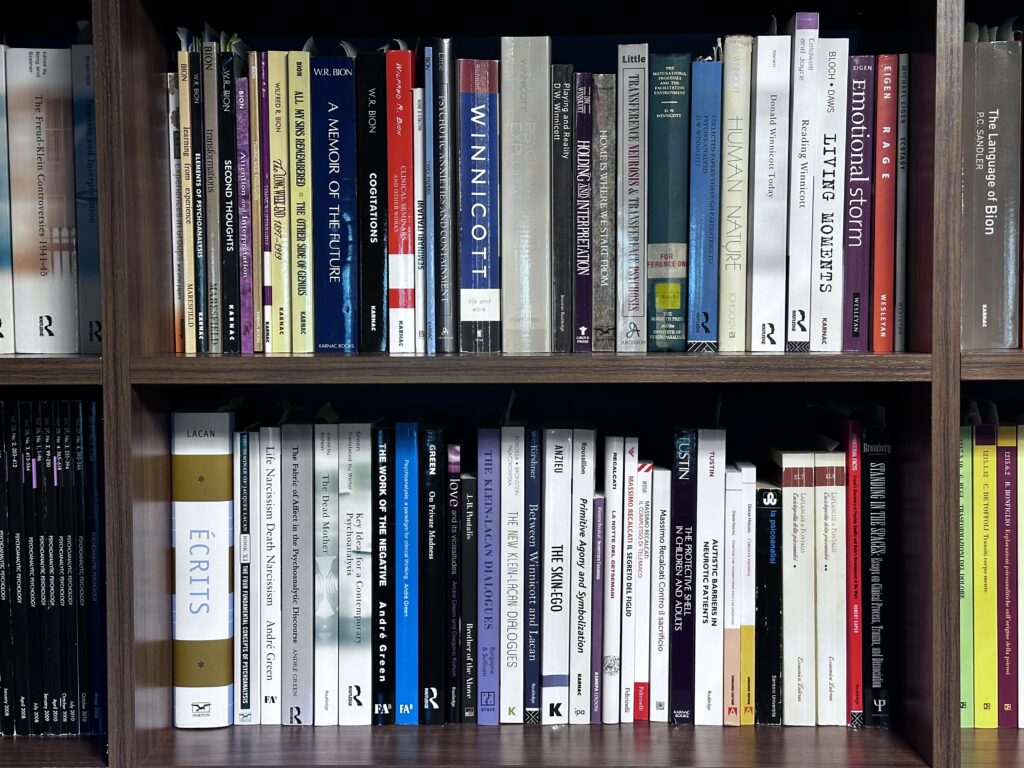
The memory of life and the coherence of clinical work. Paper presentation (2025); Catholic Psychotherapy Association.
In this presentation I offer a clinical and theoretical comparative study on the question of memory in the psychoanalytic and Augustinian traditions.

A unique professional opportunity:
Enika Cocoli Bowen et al. Amici Curiae brief in support of petitioner, Supreme Court of the United States on Chiles v. Salazar (2025).
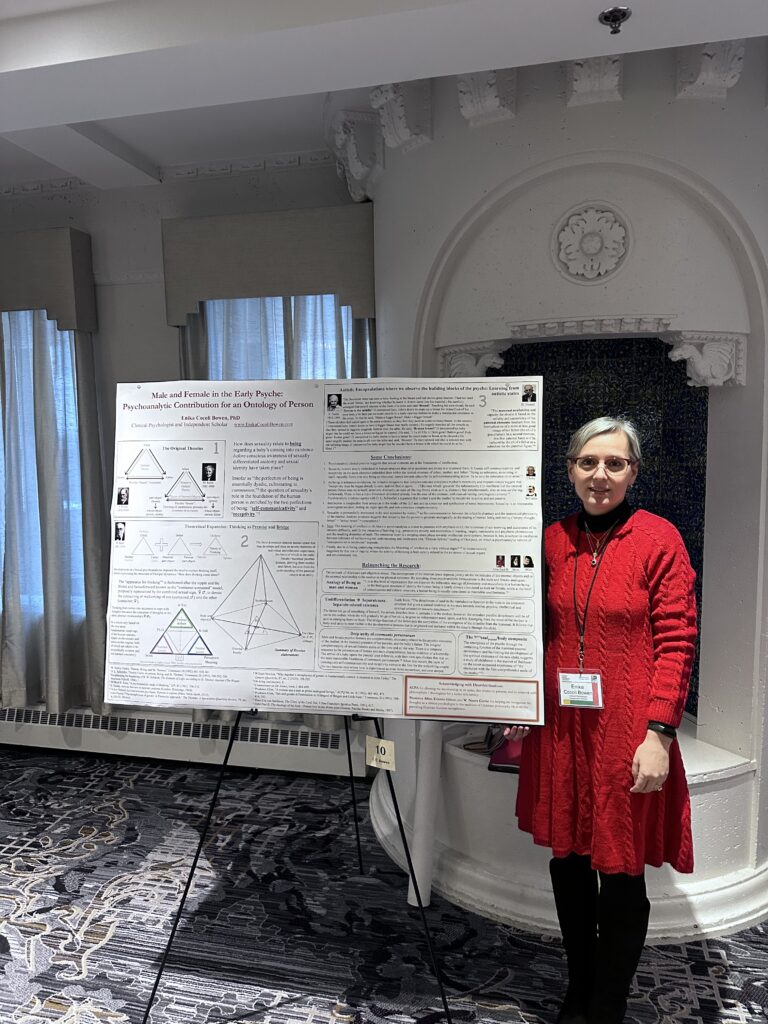
Male and female in the early psyche: Psychoanalytic contribution for an ontology of person. Poster presentation (2024); 98th Annual Conference of the American Catholic Philosophical Association, Chicago, IL.
In this poster presentation, I argue for the foundation of thinking on the basis of the male-female complementarity.
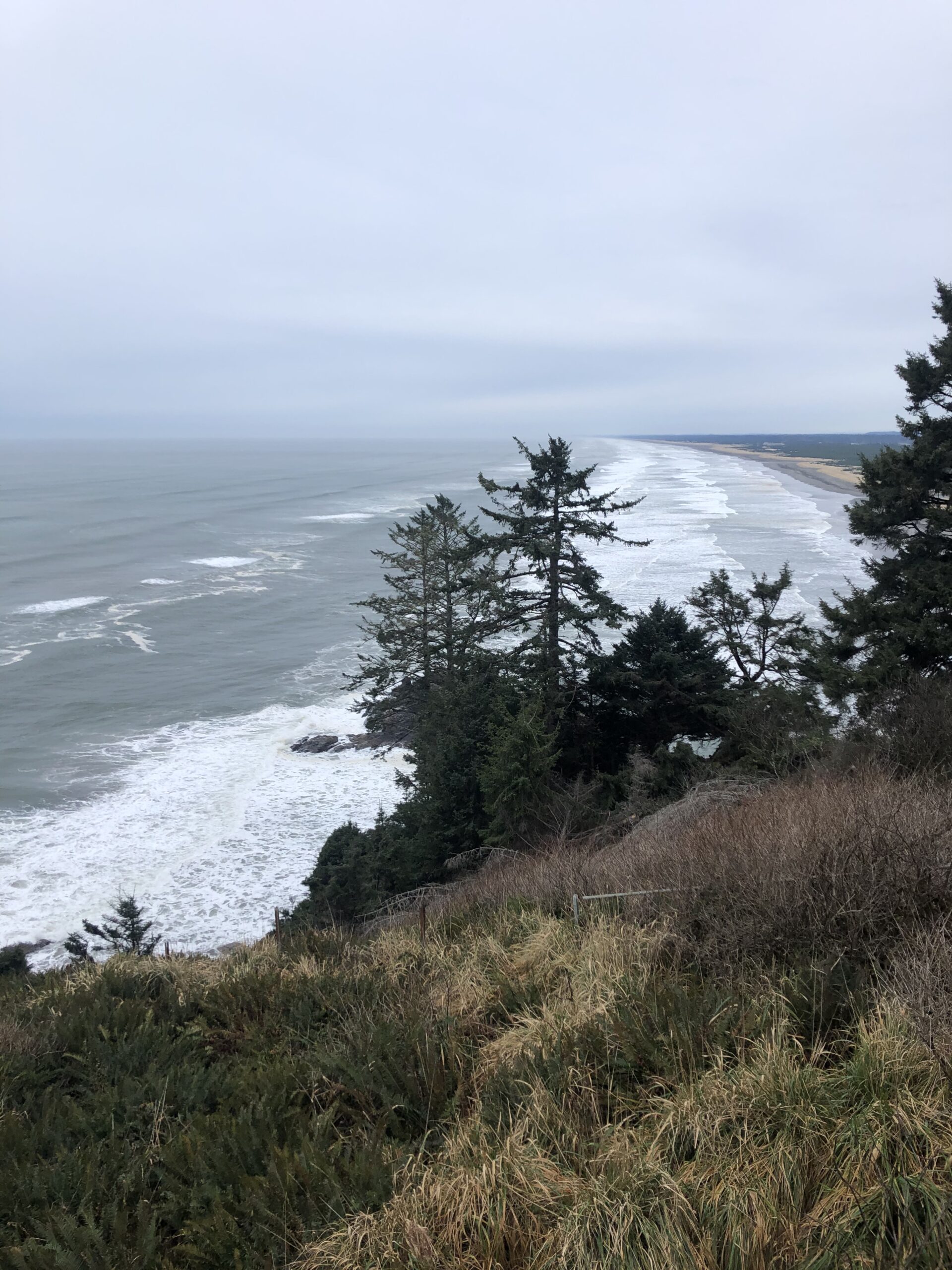
“‘But who do you say that I am?’ Affectus fidei and bonds of trust in psychoanalytic practice. Integratus 2, no. 3 (2024), 198-217.
In this essay, I reflect on the trustworthiness of affect, that is, the ability to trust that which makes a deep emotional impact.

The apprehension of truth: Recognition, passion, and truth in psychoanalytic theory. Paper presentation (2024); 46th Annual Conference of the Fellowship of Catholic Scholars, Washington DC.
In this presentation, I presented a comparative study of psychoanalytic and theological concepts.
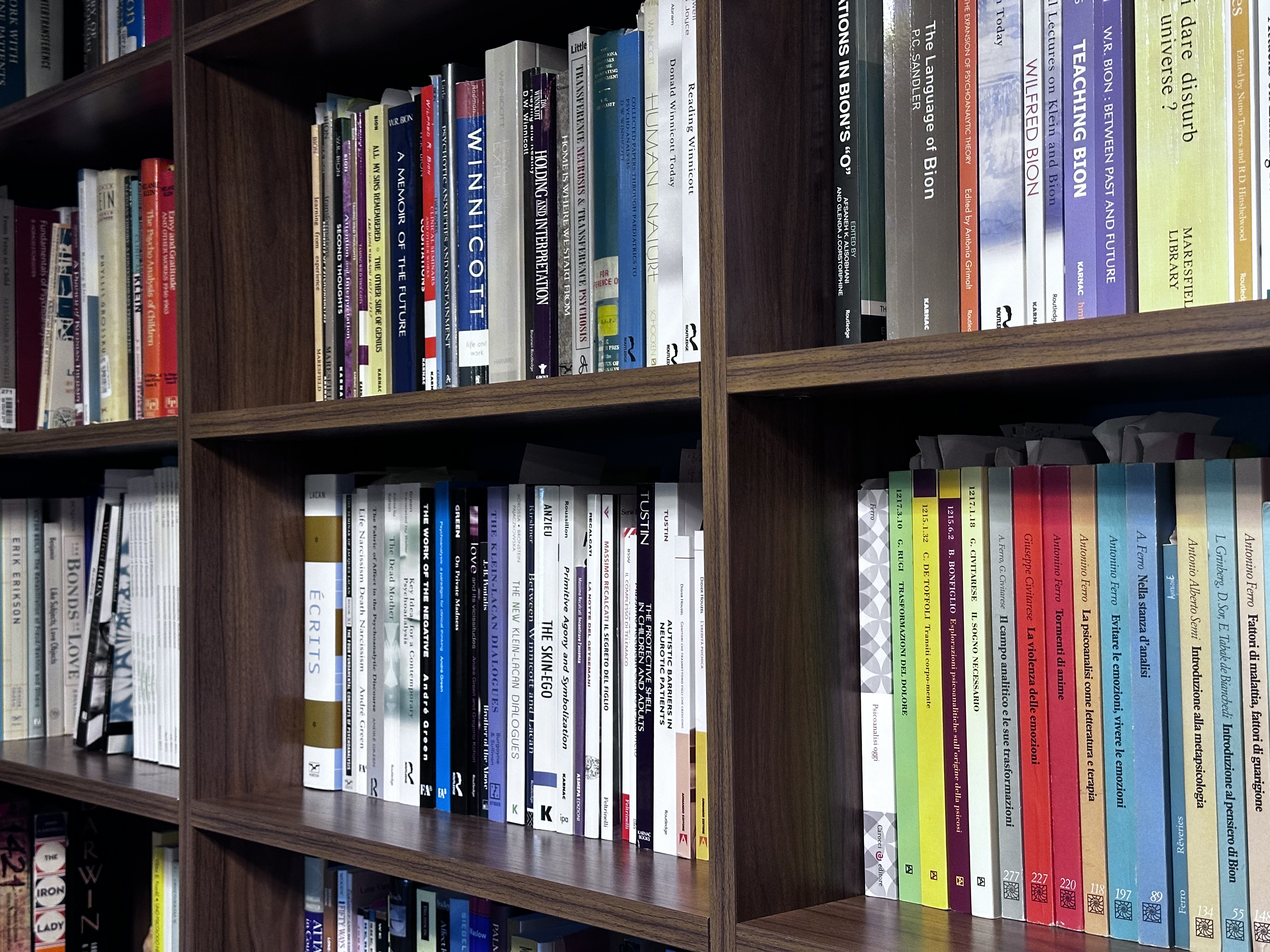
On thinking trauma: A brief introduction to Wilfred Bion’s theory of thinking. Invited lecture (2024), Chernivtsi National University; Chernivtsi, Ukraine.
In this lecture, I presented Wilfred Bion’s theory of thinking to a large group of Ukrainian psychologists to strengthen thinking capacities in order to survive trauma.
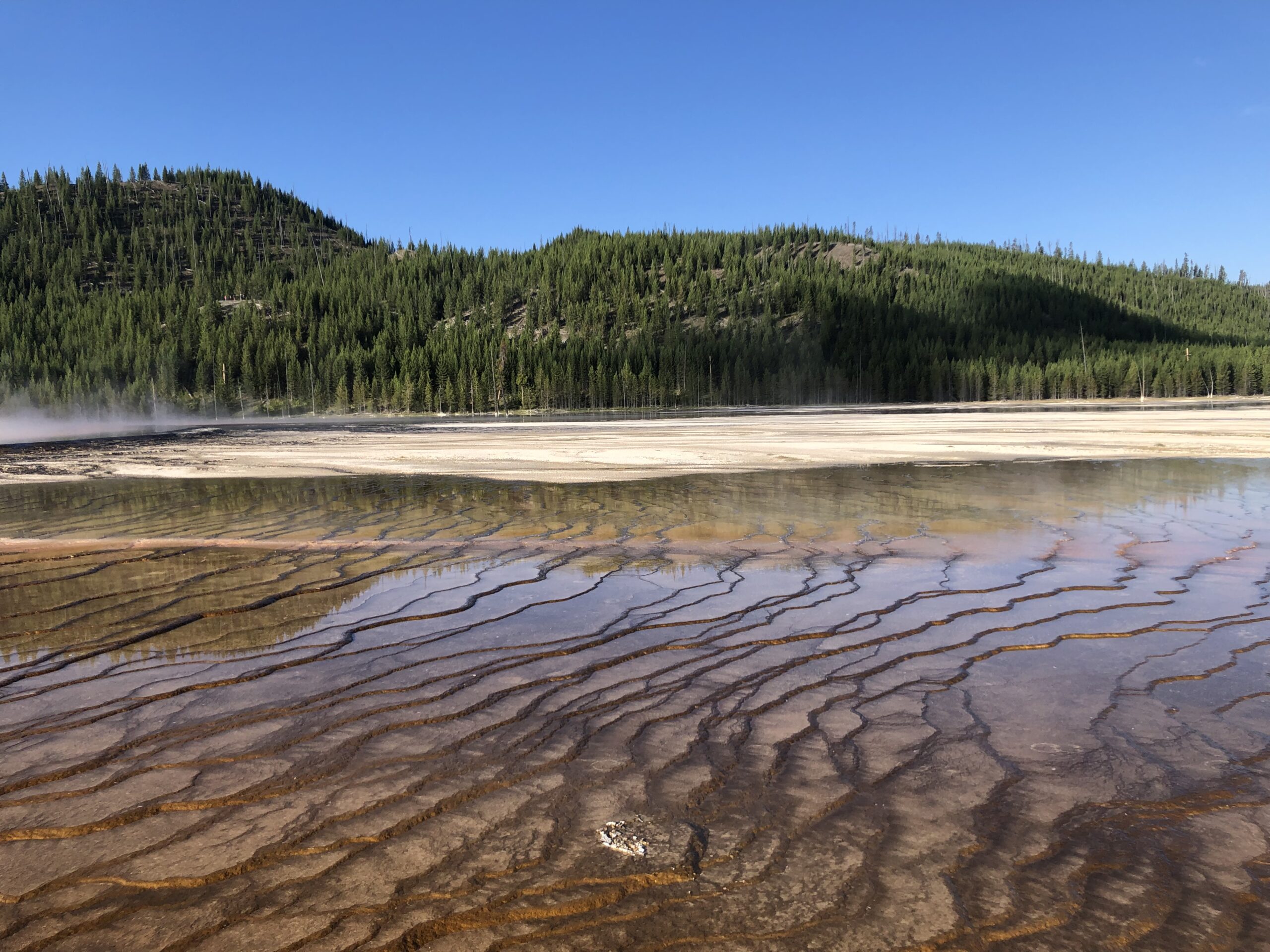
Encounters of trust and faith: Order and discovery in psychoanalytic practice. Integratus 1, no. 4 (2023), 307-326.
In this essay, I laid out the link between trusting that which is ordered. Chaos is not trustworthy.
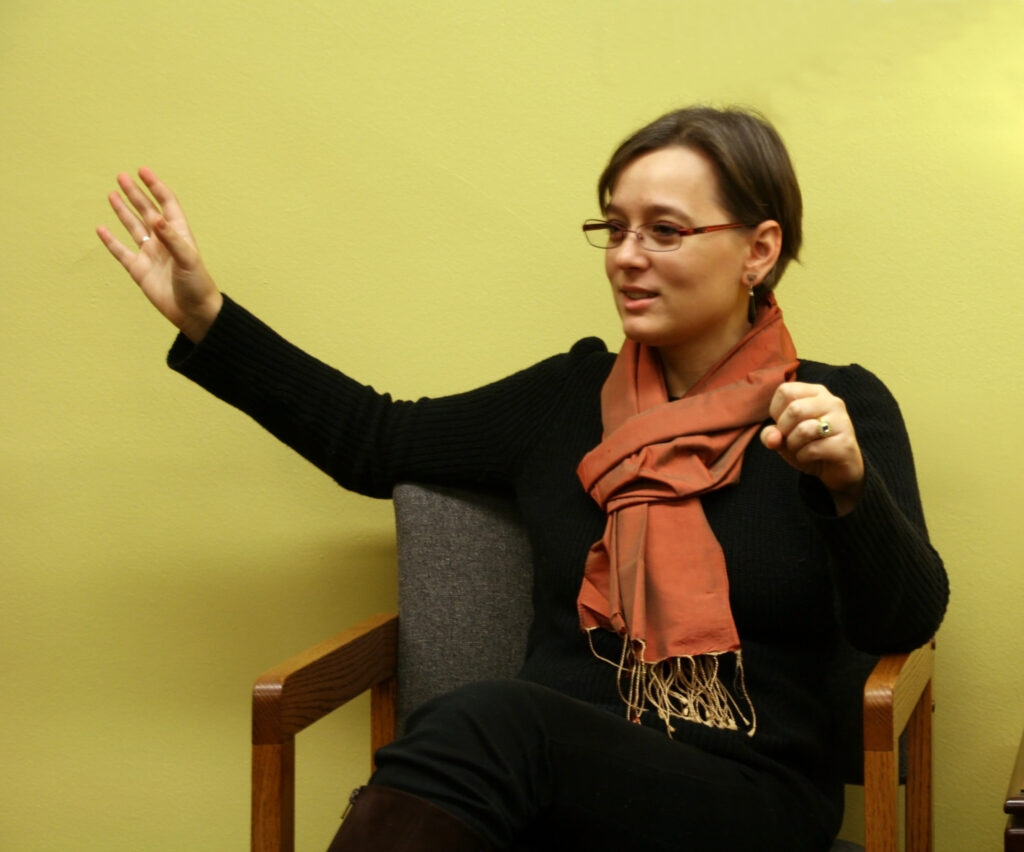
Faith as blindness that sees: Brief exploration on Bion’s transformation of listening. Paper presentation (2021); Northwest Alliance for Psychoanalytic Studies; 31st Annual Forum, Seattle, WA.
In this paper presentation, I deepened the comparison between psychoanalytic listening and Rembrandt’s most famous painting.

Faith and vision, faith and blindness: Listening through Bion and Rembrandt. Public lecture (2021); The Seattle School of Theology and Psychology, Seattle, WA.
In this lecture, I drew comparison between psychoanalytic listening and Rembrandt’s most famous painting.
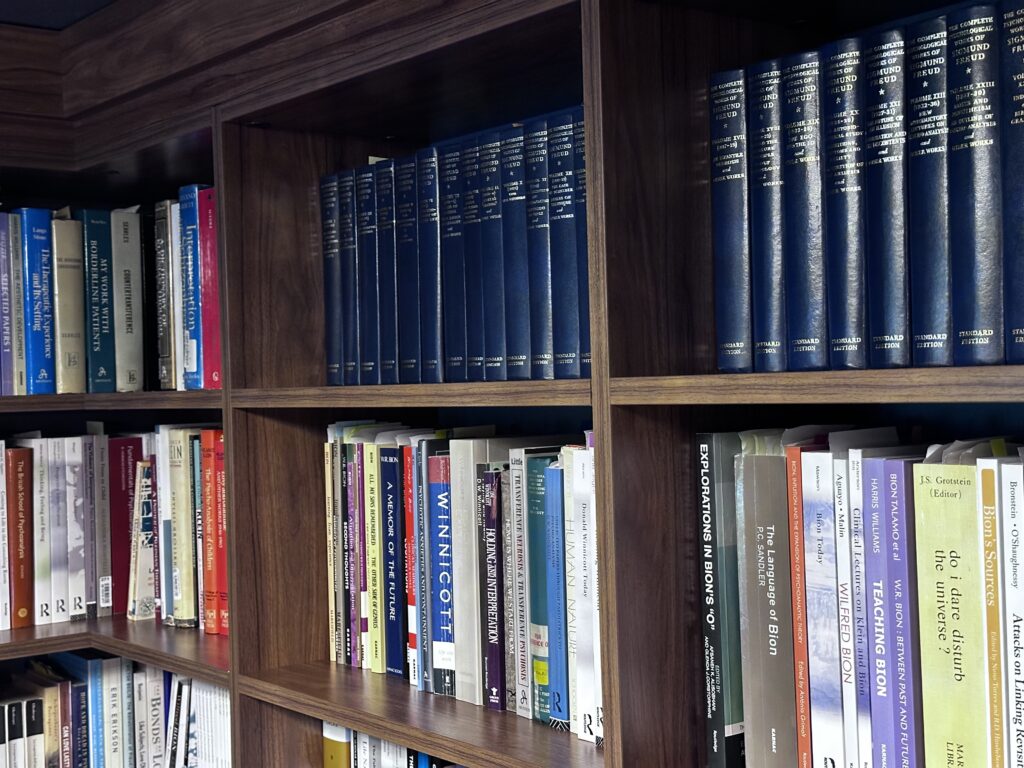
Women in psychoanalysis: Carla De Toffoli. Paper presentation (2021); Center for Object Relations, Seattle, WA.
In this presentation, I presented the life and work of Italian psychoanalyst Carla De Toffoli, translating some of her most groundbreaking clinical insights.

Women in psychoanalysis: Melanie Klein. Paper presentation (2020); Center for Object Relations, Seattle, WA.
In this presentation, I presented the life and work of the Austro-Hungarian and English psychoanalyst Melanie Klein.
Works in progress
The mirroring AI: Psychological Dangers.
The male-female complementarity as an early hylomorphic contributor to intellection.
On soul and mind: Rediscovering and recovering the human potential.
Mors et vita duello: Life and death themes from psychoanalysis and world literature.
Order and disorder: Lessons for healing and growth with Augustine and Thomas.
Paul over Nietzsche or the fate of doubt.

Appointments
(206) 321-9392
ecocolibowen@gmail.com
